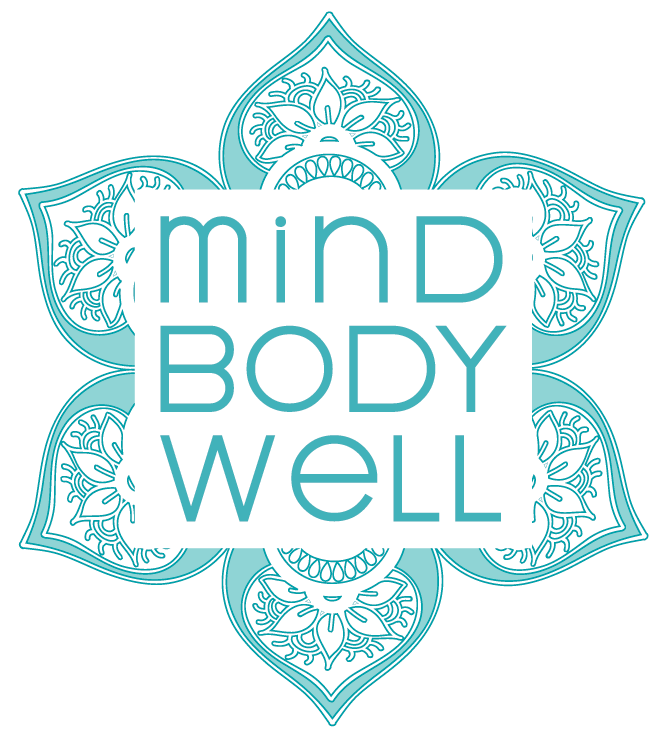Polycystic Ovary Syndrome
Understanding PCOS: Symptoms, Causes, and Support
Polycystic Ovary Syndrome (PCOS) is a common hormonal condition which can affect people with ovaries, influencing both physical and emotional well-being. It is characterised by hormonal imbalances that can lead to irregular or absent periods, elevated androgen levels (which can cause skin problems and excess hair growth), and polycystic ovaries which can impact ovulation and fertility.
Recognising the Symptoms of PCOS
PCOS presents differently in each person, with symptoms ranging from mild to severe. While not everyone will experience all symptoms, some of the most common include:
- Irregular or absent periods.
- Excess hair growth (hirsutism), particularly on the face, chest, or back.
- Hair thinning or loss (androgenic alopecia).
- Skin issues, such as acne or skin tags.
- Insulin resistance, which can increase the risk of Type 2 diabetes.
- Mood disturbances, including anxiety and depression.
Beyond these symptoms, untreated PCOS can raise the risk of developing health conditions such as heart disease, Type 2 diabetes, and endometrial cancer. It may also pose challenges for fertility.
What causes PCOS?
The exact cause of PCOS remains unclear, but research suggests it results from a combination of genetic, hormonal, and environmental factors.
Genetic factors
PCOS tends to run in families, with studies estimating that about one-third of individuals with PCOS have a close relative who also has the condition.
Hormonal factors
- Elevated Androgen Levels: Increased levels of androgens contribute to skin problems, excess hair growth, and menstrual irregularities.
- Insulin Resistance: When the body’s cells become less responsive to insulin, blood sugar levels rise, triggering increased insulin production. Excess insulin, in turn, stimulates androgen production, exacerbating PCOS symptoms.
- Low Progesterone Levels: Insufficient progesterone can result in irregular or missed periods, impacting reproductive health.
- Chronic Inflammation: Many people with PCOS experience low-grade inflammation, which may contribute to hormonal imbalances and increased androgen levels.
Environmental and Lifestyle Factors
Factors such as diet, physical activity levels, stress, and exposure to endocrine-disrupting chemicals may influence the severity of PCOS symptoms. While these do not directly cause PCOS, they can impact hormonal regulation and overall health.
Managing PCOS: A Wholistic Approach
Since PCOS affects multiple aspects of health, a well-rounded approach is often the most effective way to manage symptoms. Support options include:
Psychological Support
PCOS is linked to higher rates of anxiety, depression, and body image concerns. Psychological therapy can provide valuable tools to navigate these challenges and improve overall well-being.
Medications and Supplements
Depending on individual needs, treatment may include the use of prescription medications including hormonal contraceptives, insulin medication, and treatments to reduce androgen. There are also a range of evidence based nutritional supplements which have shown potential benefits for PCOS management.
Lifestyle Modifications
People with PCOS are often recommended to increase their health related behaviours such as participating in enjoyable physical activity, consuming regular and adequate nutrition, and prioritising good quality sleep and strategies to reduce stress.
Support Networks
Navigating PCOS can feel overwhelming, but connecting with trusted healthcare professionals, support groups, or loved ones can provide emotional support and a sense of community.
How We Can Help
At Mind Body Well, we recognise the impact PCOS can have on both physical and mental health. Our team of experienced Psychologists and Dietitians are committed to providing compassionate, evidence based care suited to your needs.
Contact the Psychologists and Dietitians at our Melbourne Clinic
Or complete our NEW CLIENTS intake form

